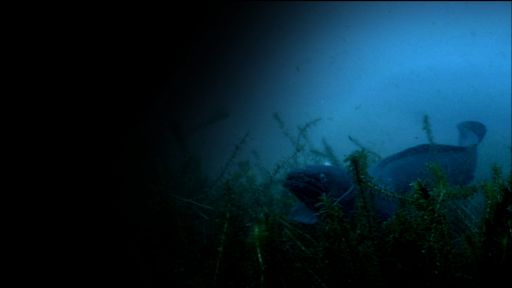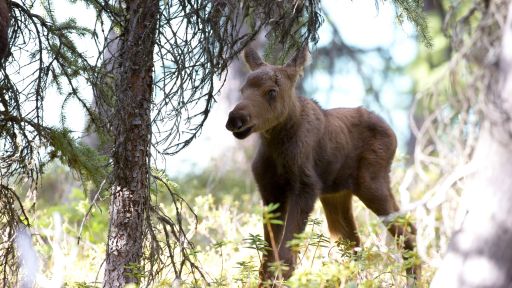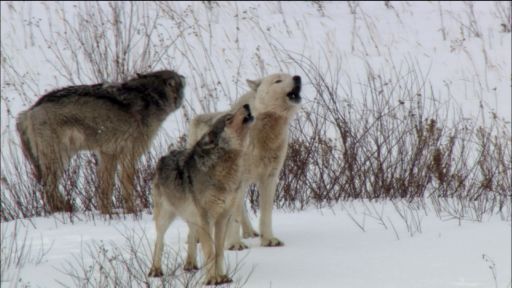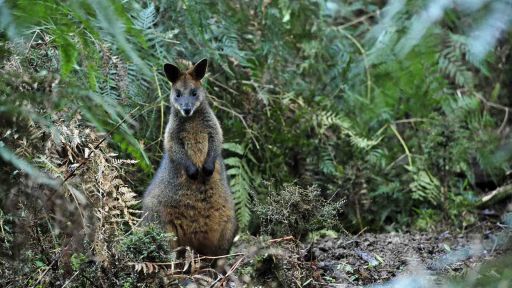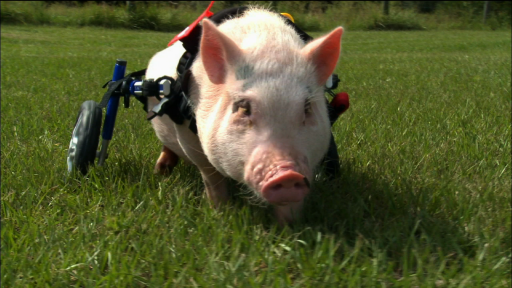Marine biologist and award-winning filmmaker Rick Rosenthal set out to capture on film the biggest, fastest, most dangerous gamefish in the sea — the ancient creatures known as billfish.
The largest of all billfish is the marlin. They top speeds of 60 miles an hour on migrations that can span 9,000 miles. The largest, always female, weigh in at over 1,000 pounds, and are known as “granders.” Ernest Hemingway immortalized the grander in The Old Man and the Sea, the story of an elderly fisherman locked in a life and death struggle with this apex predator. To Hemingway’s great disappointment, he himself never landed a grander, although his novella captures the impact of this huge and graceful creature.
Rosenthal’s pursuit of these exotic fish unfolds in NATURE’s Superfish. Two years in the making, Rosenthal’s documentary travels to the Pacific and Atlantic Oceans as well as the Caribbean Sea in pursuit of these giants of the deep. In one extraordinary scene, off Australia’s Cape York Peninsula, Rosenthal is shown swimming with a stunning giant female marlin and two courting males.
Throughout his journey, Rosenthal encounters commercial fisherman, anglers, and researchers, who are also out looking for billfish. The search has become increasingly difficult for everyone due to over-fishing of billfish and their prey, as well as the environmental degradation of the oceans, which has resulted in a dramatic decline in their populations. The trajectory of population decline in all large fish has been precipitously steep, estimated at 90 percent within the last half century.
In the 1950’s, sports fishermen — like those who flocked to Cabo Blanco, Peru in the heyday of “Marlin Boulevard” — were known for testing themselves against marlin with rods and reels. Today, some fisherman are defending billfish against commercial fishing fleets that, while going after the seafood we eat, kill these increasingly rare sport fish in their nets as so called accidental by-catch. In major part because of the absence of regulations that limit such by-catch, marlin and other billfish populations continue to decline. In the case of marlin, some anglers, frustrated with governmental inaction, have pressed for local bans on the sale of such fish, and have sought commitments from local restaurants not to serve marlin.
Rosenthal’s difficult quest to encounter a giant marlin in the wild, rewarded by his exceptional footage of this fabulous creature, not only offers a rare aesthetic and learning experience for viewers but may serve to awaken people to the need to preserve these remarkable billfish in their native habitats.


